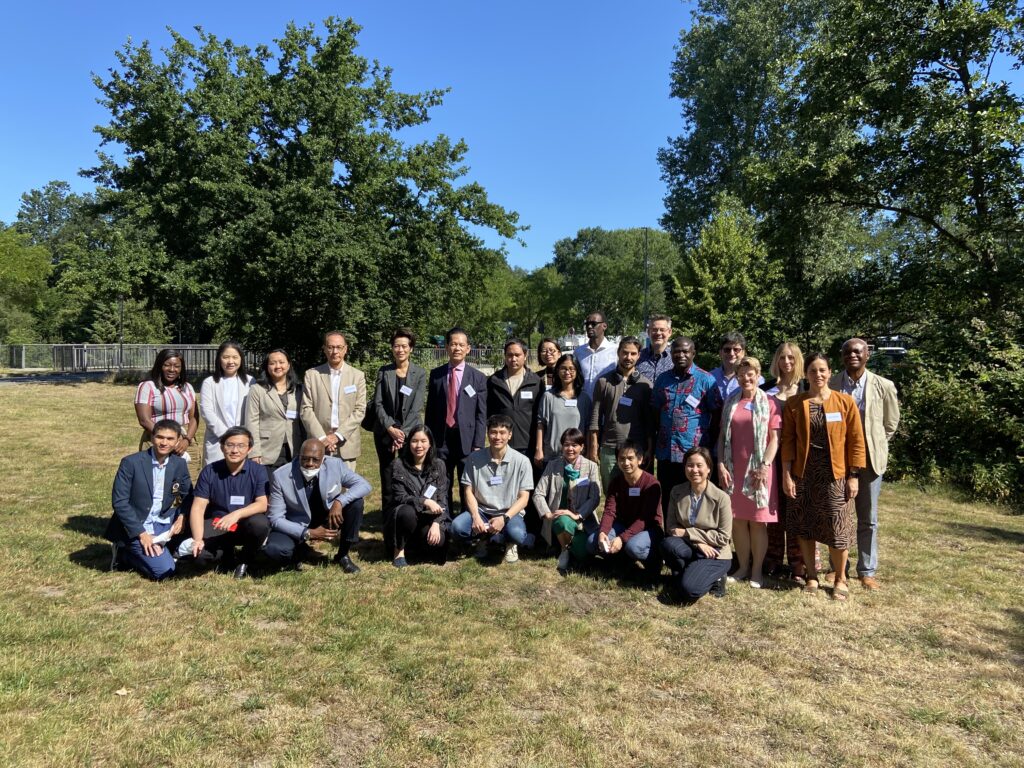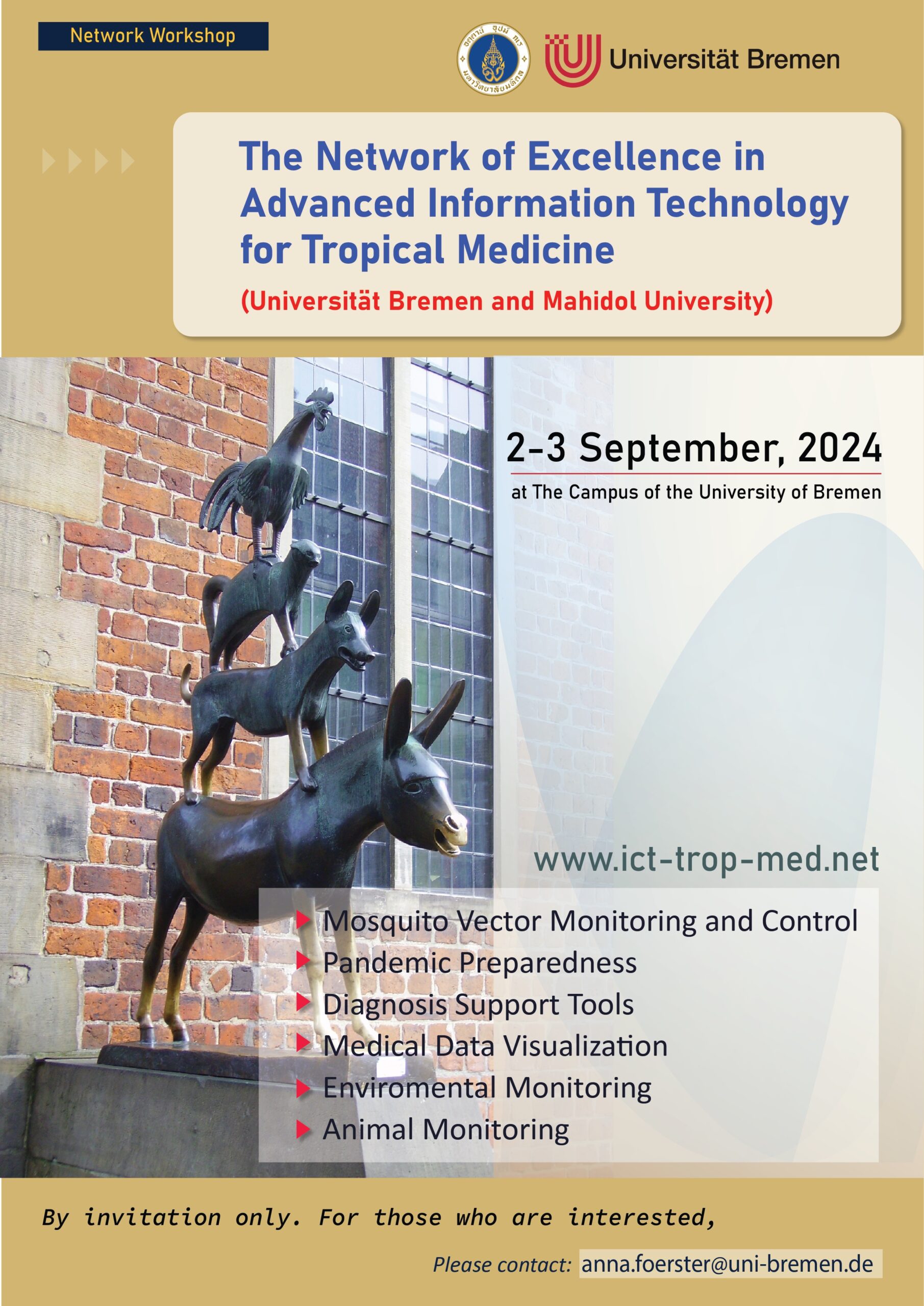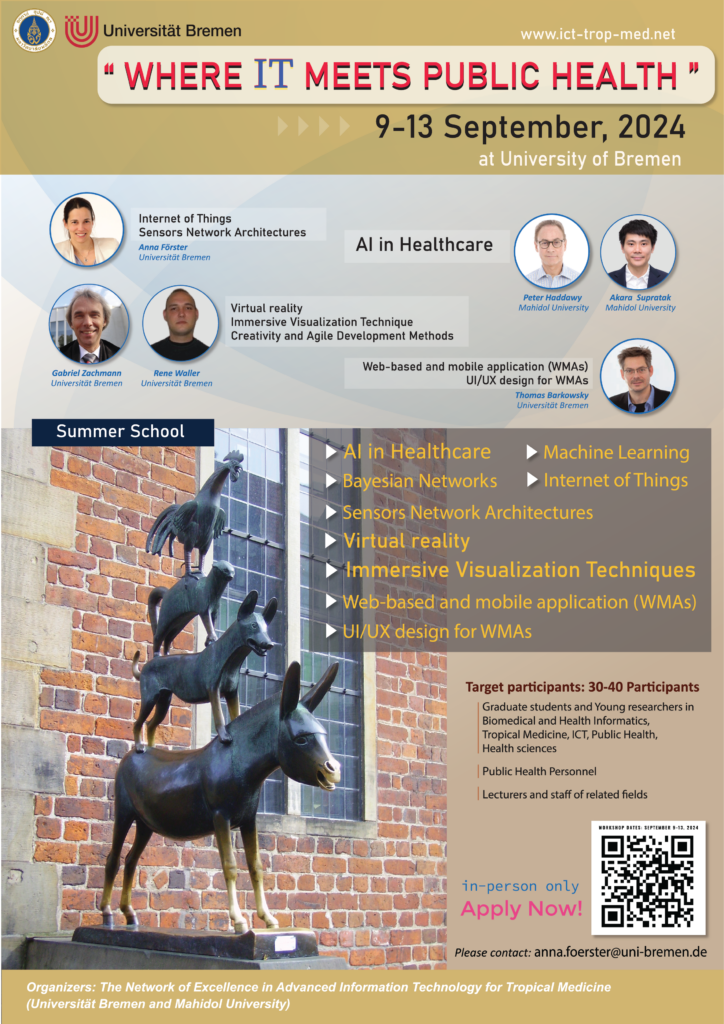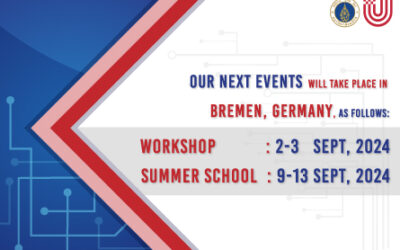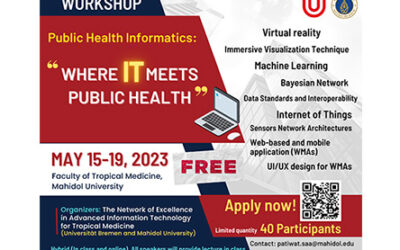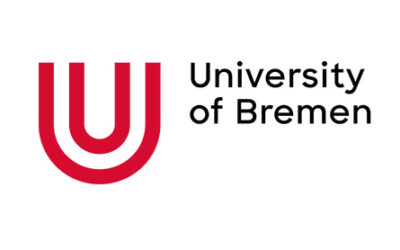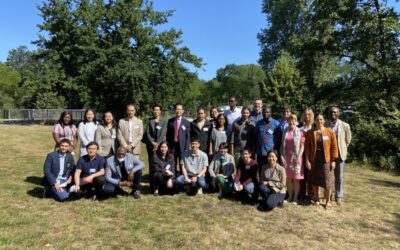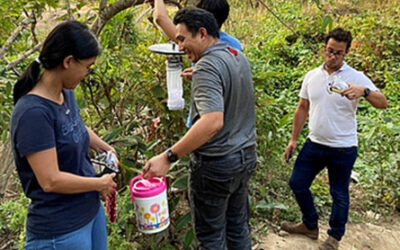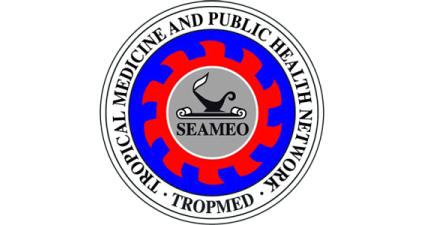
About Us
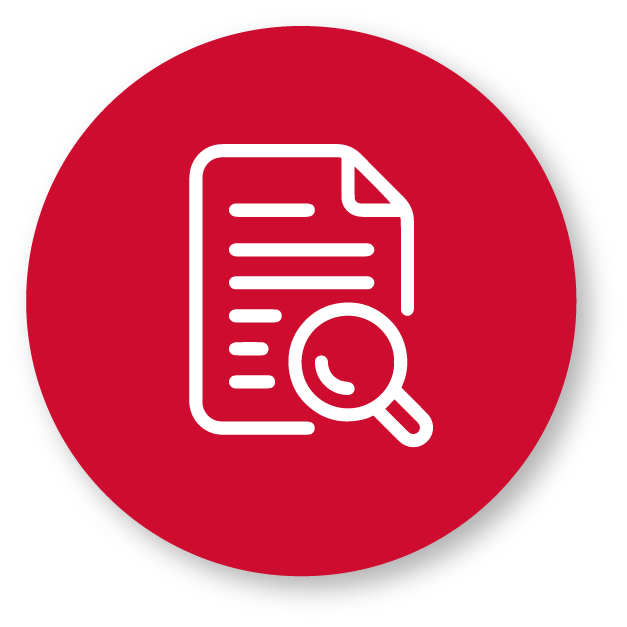
Research

Associated
Activities

News
Welcome to the Network of Excellence in Advanced ICT for Tropical Medicine
This is a project supported by DAAD 2022 – 2025. We target to build a community and training repository around the topic of using advanced ICT for various problems and applications in Tropical Medicine.
September 9, 2024
| Time | Title | Speaker |
| 10.00 | Welcome and overview of the program | Anna Förster and Peter Haddawy |
| 10.10 | Welcome from the Rector | Jutta Günther |
| 10.15 | Keynote | Benjamin Schütz and Hajo Zeeb |
| 11.00 | Example applications and projects, posters with coffee | see sheet posters |
| 11.45 | Immersive Data Visualization 1 | Gabriel Zachmann |
| 12.30 | Lunch | |
| 13.30 | Immersive Data Visualization 2 + Hands-On | Gabriel Zachmann |
| 15.00 | Coffee break | |
| 15.30 | Creativity and Agile Development Methods | Rene Weller |
| 17.00 | Summary of the day | Anna Förster |
| 17.10 | End of day |
September 10, 2024
| Time | Title | Speaker |
| 9.00 | Welcome and overview of the program | Thundon Ngamprasertchai |
| 9.10 | Introduction to web-based and mobile application (WMAs) | Thomas Barkowsky |
| 10.40 | Coffee break | |
| 11.10 | Processes for developing WMAs | Thomas Barkowsky |
| 12.30 | Lunch | |
| 13.30 | Database design and management, UI/UX design for WMAs | Thomas Barkowsky |
| 15.00 | Coffee break | |
| 15.30 | Criteria for software quality assessment | Thomas Barkowsky |
| 16.50 | Summary of the day | Thundon Ngamprasertchai |
| 17.10 | End of day | |
| 18.30 | Social event (boat trip) |
September 11, 2024
| Time | Title | Speaker |
| 9.00 | Welcome and overview of the program | Peter Haddawy |
| 9.10 | Intro to ML | Peter Haddawy |
| 10.40 | Coffee break | |
| 11.10 | Hands-on with Orange | Peter Haddawy |
| 12.30 | Lunch | |
| 13.30 | Intro to Bayes nets + Hands-on | Peter Haddawy |
| 15.00 | Coffee break | |
| 15.30 | Bayes nets hands-on | Peter Haddawy and Akara Supratak |
| 16.50 | Summary of the day | Peter Haddawy |
| 17.10 | End of day |
September 12, 2024
| Time | Title | Speaker |
| 9.00 | Welcome and overview of the program | Peter Haddawy |
| 9.10 | Introduction to Deep Learning | Akara Supratak |
| 10.40 | Coffee break | |
| 11.10 | Deep Learning-Python hands-on | Akara Supratak |
| 12.30 | Lunch | |
| 13.30 | Deep Learning-Python hands-on | Akara Supratak |
| 15.00 | Coffee break | |
| 15.30 | Epidemiology: ICT must know | Saranath Lawpoolsri |
| 16.50 | Summary of the day | Peter Haddawy |
| 17.10 | End of day |
September 13, 2024
| Time | Title | Speaker |
| 9.00 | Welcome and overview of the program | Anna Förster |
| 9.10 | Introduction to Internet of Things and its applications | Anna Förster |
| 10.40 | Coffee break | |
| 11.10 | Internet of Things Hands-On | Anna Förster |
| 12.30 | Lunch | |
| 13.30 | Sensors and network architectures Sensors and network architectures | Anna Förster |
| 14.30 | Summary of summer school, evaluation and feedback | |
| 15.00 | End of day |
Workshop and Summer School 2024
Workshop and Summer School 2024More information...
Workshop and Summer School 2023
Summer school applications online now! The...
Workshop and Summer School 2022
Our first workshop and summer school will take...
Develop Training Materials
We are in the process of developing training materials in the area of ICT for tropical medicine. Here you can see a list of all currently available materials. They are shared under the CC-BY-NC (creative commons, attribution required, no commercial usage). When using, please attribute to the original author (listed in each training item) and the Network of Excellence in Advanced ICT for Tropical Medicine.
July 1, 2022: Summer school and workshop 2020 in Bremen finished!
May 20, 2022: India Education Diary has reported about our network!
The whole article is available here.
May 19, 2022: University of Bremen Press Release about our network
May 19, 2022: University of Bremen Press Release...

Peter Haddawy’s work incorporates both computer science and medicine, and connects Germany with Thailand
“Science is always about new ideas, and it’s interesting how much these can vary depending on cultural context,” says Peter Haddawy. The computer scientist knows these differences first hand. After spending ten years at the University of Wisconsin-Milwaukee in the USA, he moved to Thailand. He began his work there as Vice President for Academic Affairs at the Asian Institute of Technology, and has been a professor at Mahidol University since 2014. He currently also researches and teaches at the University of Bremen as an honorary professor. A significant part of his work serves to strengthen connections: between the two universities, between different scientific disciplines, and between researchers and students.
Mosquito recognition and vector counts
There are many mosquito vector-borne diseases, such as malaria, dengue, or Zika. It is essential to be able to control the mosquito populations, which requires reliable recognition of individual species in the wild. We are performing various research activities in this field, see the following publications.
Digital health applications
We are developing various tools to support the tracking and reporting of infectious diseases. Furthermore, we work together wiht hospitals to support them with digitalization of their services and processes, including disease diagnosis.
Medical training support
We are developing tools to support the training of doctors, inclduing surgeons and dentists. Methods include mainly state of the art visualization and virtual reality.
University of bremen & Mahidol University
“Public Health Informatics: Where IT Meets Public Health”

